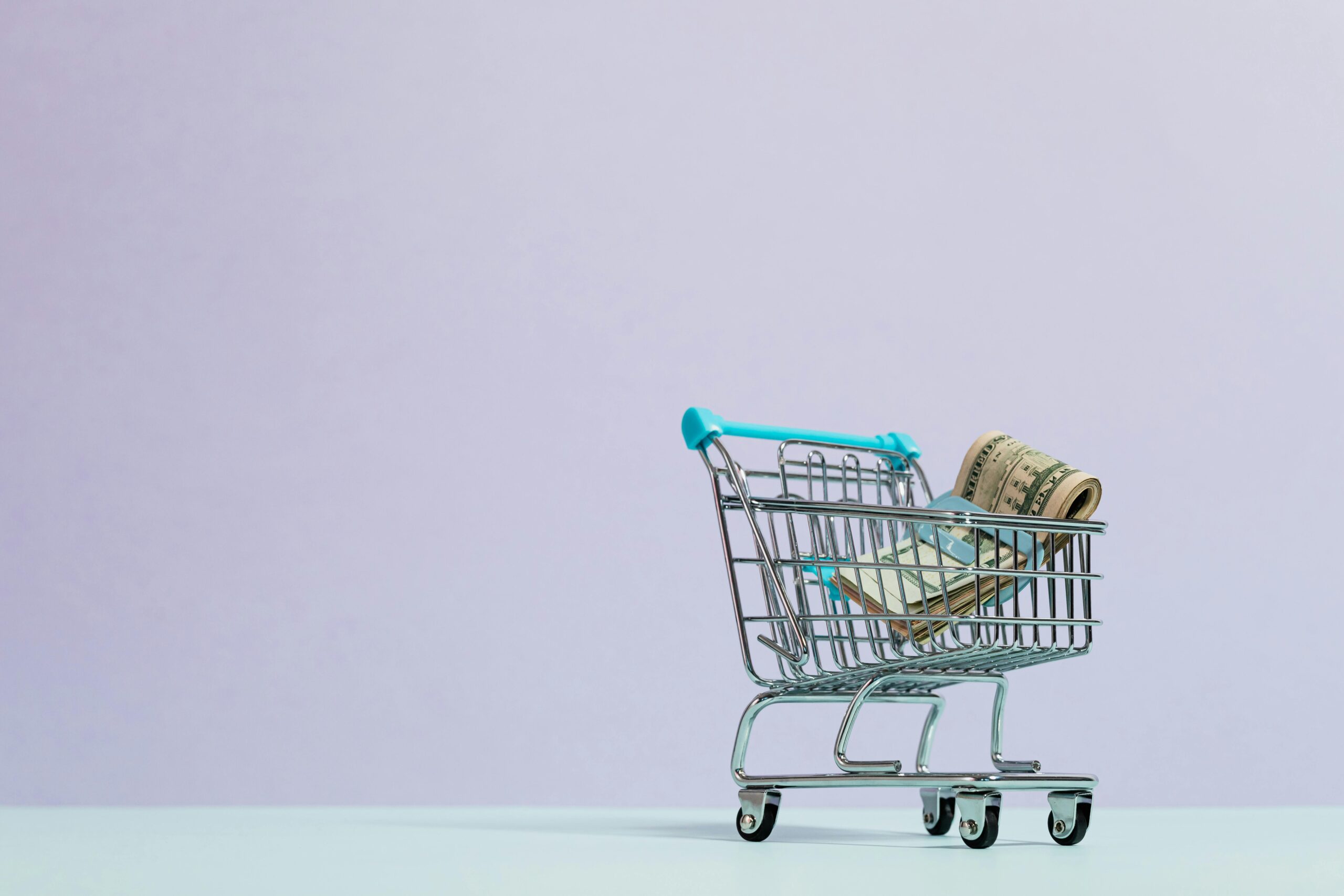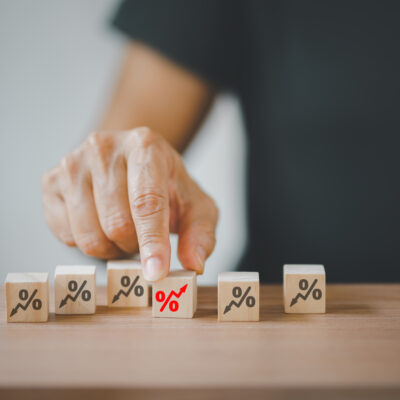More corporations than ever are weaving sustainability into their business model – and the retail space is no exception. ESG has a significant impact on consumer behaviour, and is an important part of business planning.
In this blog, we look at practical ways retailers are using recommerce to help them meet their ESG goals, now and in the future.
Key highlights:
– What recommerce is and why it matters
– How environmental and sustainability factors impacts consumer behaviour
– Why ESG goals for 2022 and beyond are a necessity
– Examples of retailers doing recommerce well
– How to get started with recommerce for your retail brand
What is recommerce?
Recommerce, or ‘reverse commerce’ is the buying and selling of goods that have been pre-owned, to give them a second life. Recommerce sometimes involves upcycling or changing the purpose of the product. It may simply involve someone new getting use from it in its original form.
Recommerce and buying second-hand goods is certainly no new concept. Auction houses, used car dealers, charity shops, vintage stores and, more recently, online marketplaces such as eBay, have long been facilitating this type of transaction. That’s as well as electronics retailers who offer refurbished products.
The recent shift in society’s attitudes towards recommerce has meant that it’s no longer a value-focused choice for many consumers. It’s now as much, if not more, an ethics-led decision for them to shop with sustainability in mind.
What do consumers think about recommerce?
A NielsenIQ study in 2021 found 34% of people are more likely to buy products with sustainable credentials than they were just two years previously. Research by Cowen predicted the sale of used products will hit 15% of the apparel, footwear and accessory market by 2024 (up from less than 7% in 2020).
Retailers already involved in recommerce understand the value of being transparent with consumers. That’s as well as about the environmental impact of their products, their packaging and their entire business model.
Even where there is progress to be made, it can help show distinct steps in the right direction. It’s not just about making sure that the information is available if consumers search. It’s also about making this subject a part of the communications and marketing strategy.
With many consumers considering more environmentally-responsible choices, what does this mean for retailers yet to dip their toe into recommerce?
Retailer ESG goals for 2022 and beyond
Environmental, social and governance (ESG) considerations are of increasing importance to retailers. Therefore, having goals to meet is an important part of any short, medium and long-term business plan.
Changes to internal processes, supply chains, logistics, and anything else that can have ESG implications don’t happen overnight. They, too, need to be transitioned sustainably to minimise risks to the business. So setting achievable goals for 2022, then more major goals for the rest of the decade and beyond, is a good starting point.
This also enables progress and achievements to be assessed properly, including any goals that were not met. All this can help inform future ESG goals and shape the strategy ahead.
Larger businesses required by current UK law to disclose their annual energy use and greenhouse gas emissions – take note. ESG goals are not just a ‘nice to have’, they are a necessity.
For smaller businesses, currently not legally required to report on their sustainability, getting their ducks into a row now means that they’ll be prepared when it is a requirement in the future. They can also communicate what they are doing now to increasingly savvy and discerning shoppers. That can only benefit the business.
Which retailers are doing recommerce well?
There are many different kinds of recommerce. We’ve found a few examples of businesses doing things in a variety of ways. That’s all to help give you some ideas for your company.
1. musicMagpie
MusicMagpie is a business with recommerce at the centre of everything it does. This firm enables people to sell their old and unwanted tech and media (books, DVDs etc) for cash. It also resells (and rents) these goods for people looking for sustainable purchases. MusicMagpie clearly communicates that what it does helps the planet to customers. The information is front and centre on its website homepage – making it impossible to ignore.
Most companies don’t necessarily have their entire business model based around recommerce like musicMagpie does. However, other brands can take note of their marketing and communications on the subject. They can then take inspiration from this for their own organisation.
2. ASOS
ASOS is a retailer that has come under scrutiny for its fast-fashion approach. But it is now taking steps to mitigate the ‘disposable’ clothing ethos. It’s doing this by enabling reselling of pre-loved fashion on its ASOS marketplace. That’s seen several national charities receiving the proceeds and giving the clothing a second life with another consumer.
ASOS also enables customers to donate their unwanted clothes to one of the nominated charities. It arranges a free pickup by courier at the same time as the customer receives an ASOS order.
3. Selfridges
High-end department store Selfridges places a real focus on ‘circular’ transactions.
The firm aims to make each purchase part of a full circle, where it is reused or recycled once no longer wanted by the original customer. The retailer has committed to an aim of 45% of all transactions (online and in-store) to be circular products and services by 2030 through its Reselfridges initiative. That includes everything from cosmetics refills to clothing repairs and its designer clothing rental service.
For more information, visit our blog about new rental technology software – or for more details and articles on DivideBuy’s financing solutions, visit our retailer articles library.




 Tweet
Tweet
 Facebook
Facebook


















